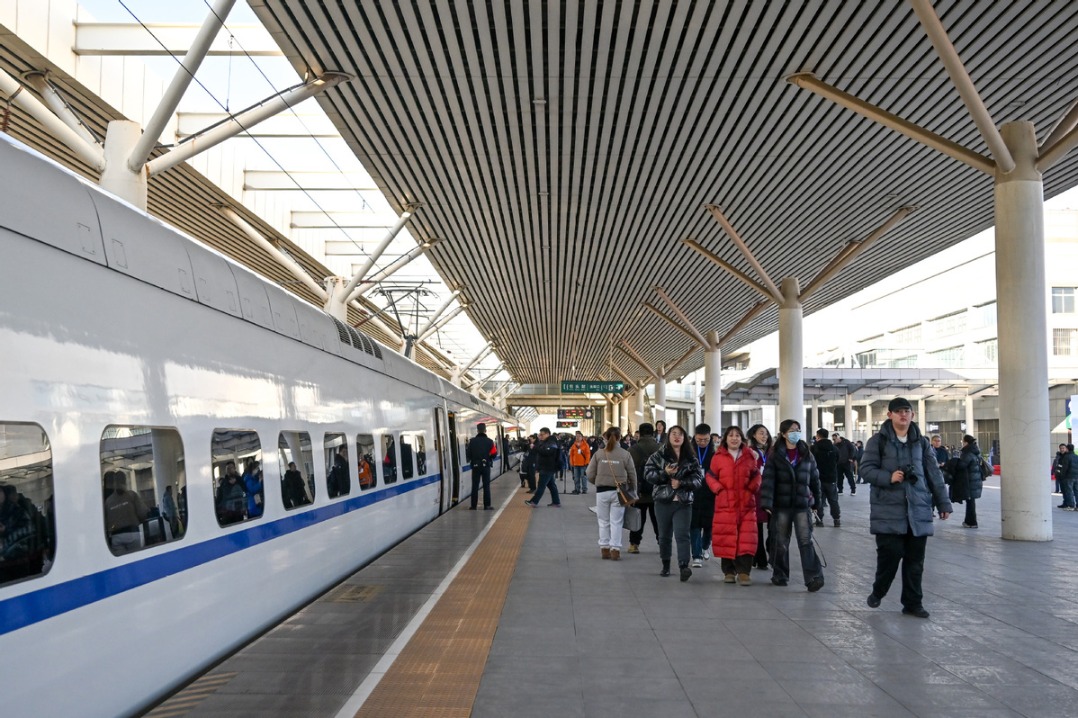CITIES ROLL OUT MEASURES
Financial stimulus to help revive tourism in China, Yang Feiyue reports.

The country's tourism industry has received support in the fight against COVID-19 and is looking forward to a consumption boom in the future.
Cao Yiyong, 51, a Beijing resident, recently got his bank loan of 500,000 yuan ($70,536) approved. He runs a rural homestay in Yanqing district on the outskirts of the city.
"It is really a timely offer," Cao, who is also chairman of the local homestay business association, says.
The interest on his loan will be subsidized by the local government, he adds.
Cao's business came to an abrupt stop in late January. Beijing shut down more than 180 tourist attractions and halted operations of more than 3,000 travel agencies since Jan 24. To date, less than 50 percent of the city's star-rated hotels are up and running and most local scenic spots are keeping visitor numbers low.
"I'm looking at 200,000 yuan in income losses for February alone," Cao says, adding that he had to continue paying employee salaries and for the rent and daily maintenance of his hotel that offers some 40 guestrooms.
He says the loan will help him go through the current difficulties and boost his self-confidence.
Most homestay businesses in Yanqing have developed a cash-flow problem because of the COVID-19 pandemic, and many have been granted preferential loans via a finance platform for suburban tourism in the capital.
"More than half of the applications have been dealt with and we'll reach more rural tourism players in need," says Li Yong, a manager from the Beijing Agriculture Guarantee Co, which runs the platform.
The Beijing Municipal Culture and Tourism Bureau has recently put 100 million yuan into the program to help the tourism industry tide over the rough time.
"We offer guarantees for rural tourism players to get bank loans on preferential rates," Li says.
Tourism is among major industries in the country that are bearing the brunt of the COVID-19 situation. The number of domestic tourist visits is expected to drop by 932 million in 2020, according to China Tourism Academy. The number will plummet most sharply in the first quarter, down by 56 percent compared with 2019, it says. Tourism-driven revenues will fall by 1.18 trillion yuan for the year.
Tourist visits to Beijing is estimated to drop by 44 million in the first three months of the year, down by 70 percent year-on-year, says Chen Dong, director of the Beijing Municipal Culture and Tourism Bureau.
Last year, Beijing received 320 million tourist visits, up 3.6 percent over 2018. Tourism income grew 5.1 percent to 622.5 billion yuan in 2019.
The capital city rolled out 13 supportive polices for tourism in March, including 345 million yuan worth of subsidies for businesses. It has offered tourism players free investment and finance consultation services and favorable loans, and is encouraging cultural and tourism spots to develop online products. The policies cover travel agencies, scenic spots and hotels, among others.
Hainan province in South China has also developed some 30 measures to help boost tourism after the situation improves. Those measures include rental reduction and exemption, preferential water, electricity and gas prices for tourism enterprises, as well as subsidized loans and insurance. The island province will also facilitate government services for tourism businesses and speed up construction of tourism infrastructure and public facilities.
Zhejiang province in East China has applied big data to stimulate local culture and tourism consumption. It uses inquiries from travel agencies to design tours that better cater to public needs after the COVID-19 situation improves. Governments at various levels in Zhejiang have arranged for culture and tourism businesses to prepare coupons worth 10 million yuan to increase consumption. The province has also held online music and art performances and virtual reality tours of more than 50 scenic spots for the public.
Shanghai has provided financial aid for culture and tourism industries, including refunding deposits for travel agencies, allocating special funds for development in the sectors and providing loans. The Guangxi Zhuang autonomous region and Shandong province have also come up with measures to boost local tourism.
China's leading online travel agency Trip.com Group has started a revival plan involving 1 billion yuan for the industry, with its partners at home and abroad.
Experts believe such tourism support will give the industry a shot in the arm.
"They are undoubtedly very reassuring," Wang Xingbin, a tourism industry expert from the Beijing International Studies University, says, adding that the policies target the most urgent problems in the sector.
Zhou Mingqi from T-identifier Think Tank, which focuses on culture and tourism studies, believes tourism in places like Beijing will rebound soon.
"Beijing's tourism consumption potential remains quite sizable," he says.
Suburban and parent-child travel products are likely to see a recovery first, Zhou adds.
As the situation improves in China, domestic travel is favored by many. A recent survey jointly conducted by China Tourism Academy and Trip.com shows that about 16 percent of the respondents were willing to travel in the five-day Labor Day holiday in May.
Search for flight tickets for the May holiday surged by 76 percent in late March on Beijing-based online travel service provider Qunar. About 14 percent plan a trip during the National Day holiday in October.
Yunnan, Hainan and Shanghai are among the top three destinations in the survey for domestic travelers. Bookings from Trip.com for scenic spots in Hainan surged 10 times in March compared with February. The number is still climbing as supportive measures are announced. Currently, a large number of tourist attractions across the nation have reopened to the public. Forty percent of top-rated scenic spots have resumed online booking via travel agencies. Trip.com launched presale products in March, including more than 1,000 travel routes and tickets to over 300 attractions.
Cao is optimistic about the future of his homestay business. With the improving COVID-19 situation in China, Cao believes there's a good chance everything will return to normal soon. He says he will also keep following government guidelines on public health.
"If we grasp the opportunity provided to the tourism industry for its recovery, I have confidence that we could make up," he says. "Tourism consumption usually peaks in summer."
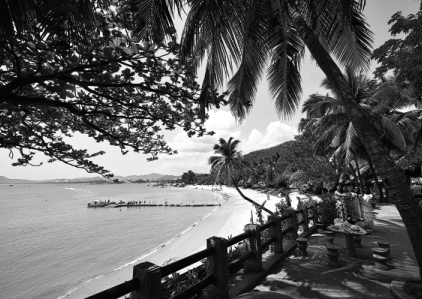

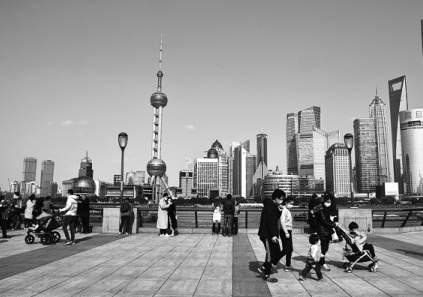
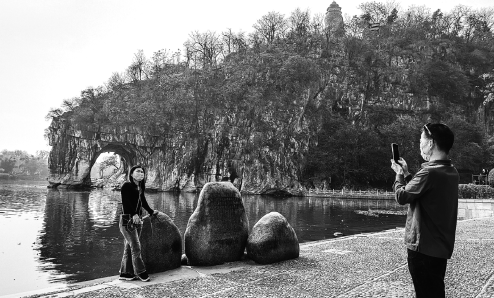
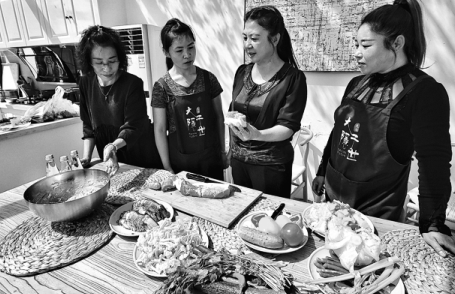
Today's Top News
- Xi urges central SOEs to contribute more to Chinese modernization
- Five continents, five rhythms in 2025
- Lawmakers review draft law to expand childcare services
- China's new-style tea brands find a hot new market in US
- Xi extends congratulations to Chilean president-elect
- Japan urged to stop provocative moves


















